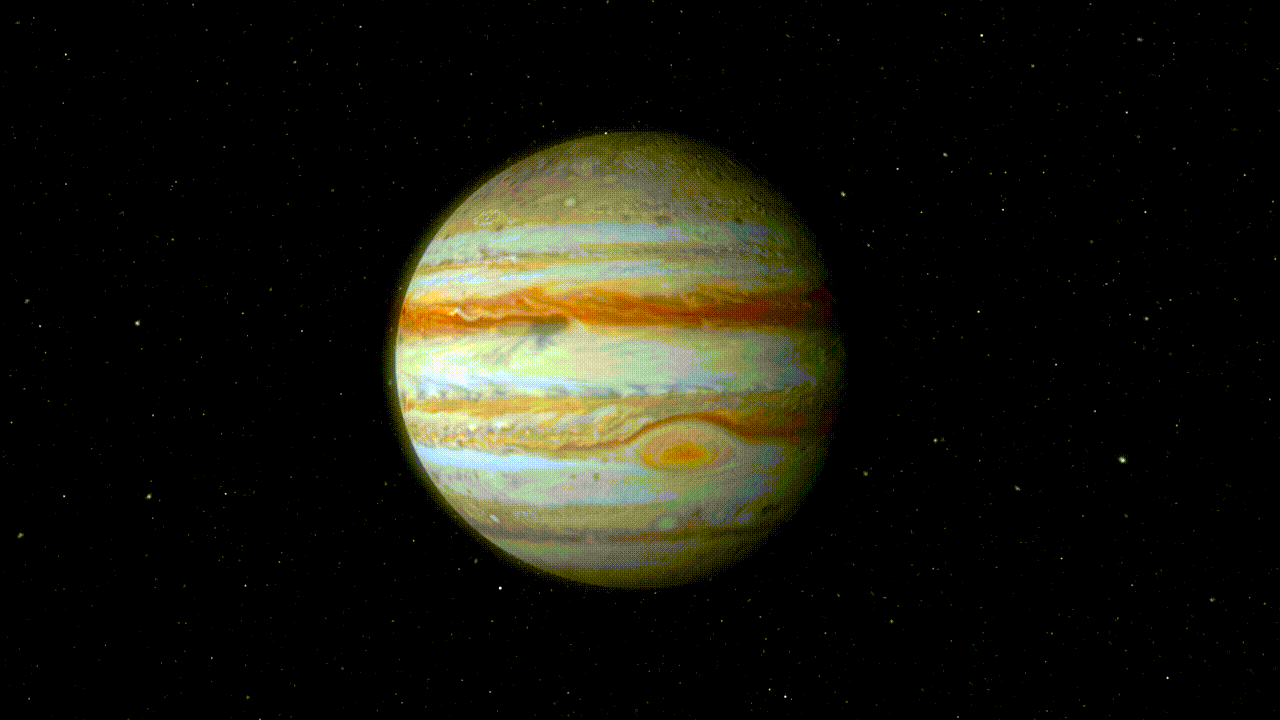Planet news, features and articles
Latest about Planets
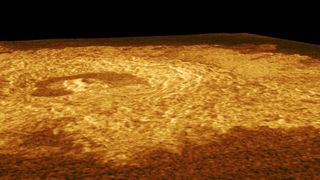
Venus may be geologically 'alive' after all, NASA reveals
By Sharmila Kuthunur published
New research strengthens the case that Venus, long considered a geologically stagnant world, may be more Earth-like in its internal dynamics than once believed.
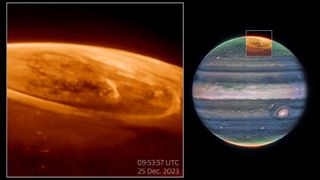
James Webb telescope reveals 'impossible' auroras on Jupiter
By Skyler Ware published
Scientists looked at Jupiter's massive auroras using the James Webb and Hubble Space Telescopes — and found a mystery they can't fully explain.

Lights on Mars! NASA rover photographs visible auroras on Red Planet for the first time
By Harry Baker published
NASA's Perseverance rover recently captured a photo of green auroras shining in the Martian sky for the first time. The alien light show, previously assumed to be impossible, could be visible to future astronauts.
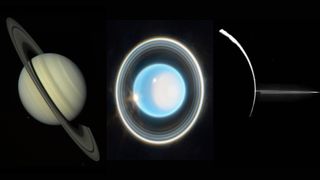
Which planets have rings?
By Briley Lewis published
Does Jupiter have rings? How about Uranus? Here's everything you need to know about which planets have rings.
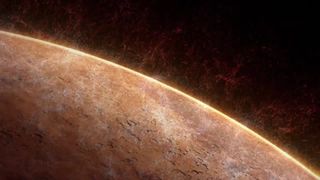
Scientists find hint of hidden liquid water ocean deep below Mars' surface
By Jess Thomson published
By studying seismic waves, researchers have found a layer deep beneath the surface of Mars that could contain enough liquid water to flood the planet with an ocean thousands of feet deep.
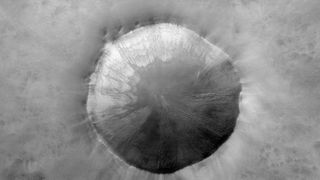
NASA Mars satellite uncovers markings 'like paint dripping down a wall' on Martian surface
By Patrick Pester published
Wave-like soil patterns on the Martian surface match those found in Earth's cold, mountain regions, which could help scientists better understand the Red Planet's climate history and search for signs of life.
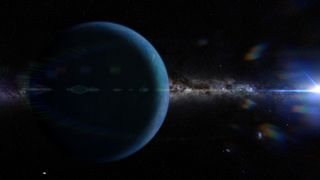
Planet Nine candidate detected deep in our solar system
By Patrick Pester published
Researchers have found a candidate for the hypothetical Planet Nine, which could be an undiscovered giant planet way out in our solar system. However, as with all ninth planet research, the new findings were met with some skepticism.
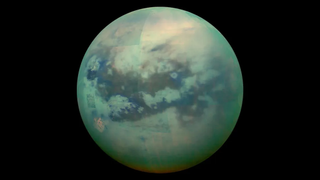
There's liquid on Titan, Saturn's largest moon. But something's missing and scientists are confused
By Julian Dossett published
Scientists have long known that Saturn's largest moon, Titan, hosts rivers and seas of liquid methane. But it's strangely lacking in river deltas, a new study suggests.

Astronomers discover doomed planet shedding a Mount Everest's worth of material every orbit, leaving behind a comet-like tail
By Victoria Corless published
Astronomers discovered a planet that orbits its star so closely that its surface is being scorched into magma and vaporizing into space.
Get the world’s most fascinating discoveries delivered straight to your inbox.
 Live Science Plus
Live Science Plus





